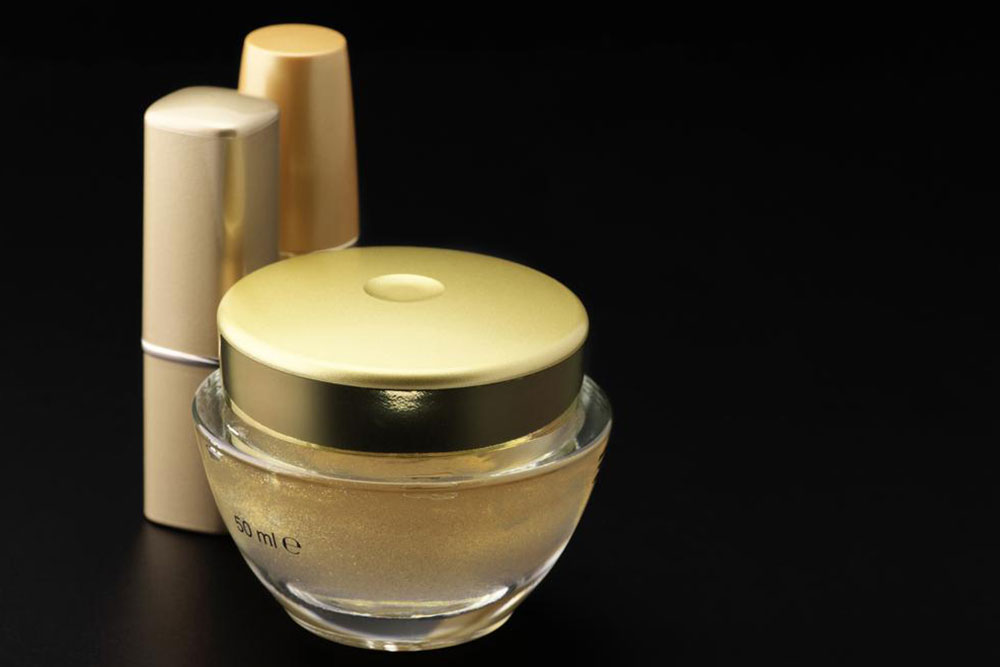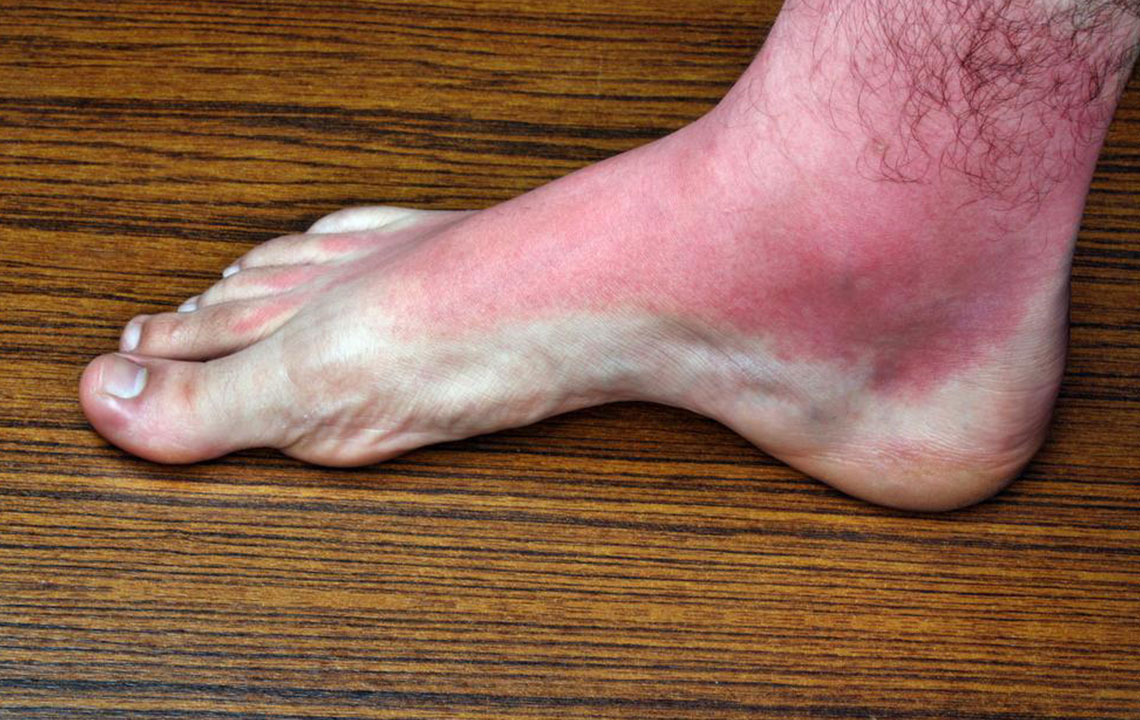Essential Tips for Caring for Sensitive Skin
Discover essential tips for managing sensitive skin effectively. Learn how to identify symptoms, choose gentle products, avoid irritants, and maintain healthy skin with proper skincare routines. Protect your sensitive skin from environmental triggers and prevent common issues like redness, dryness, and breakouts through informed decisions and mindful product selection.

Essential Tips for Caring for Sensitive Skin
The skin, covering approximately 22 square feet of the body, is the largest organ and varies in thickness from 0.05 mm to 1.5 mm. It constitutes about 16% of overall body weight and requires proper care to stay healthy.
Everyone has a unique skin type that reacts differently to environmental factors. For individuals with sensitive skin, external influences can lead to significant discomfort and potential damage. Therefore, special attention is crucial.
Recognizing Sensitive Skin Symptoms
Common signs that indicate sensitive skin include:
Redness across the skin
Prone to rashes or bumps
Reacting quickly to mild skincare products
Dry patches and itchiness
Sensitivity to weather changes
Frequent acne breakouts
Establishing a gentle skincare routine is vital to prevent issues like dryness, irritation, and breakouts. Here are effective strategies to manage sensitive skin better.
Choose Products with Low Chemical Concentration
Many skincare items contain chemicals that can trigger reactions in sensitive skin. Opt for brands offering formulations with minimal chemical content. Check labels for ingredient concentrations; products with less than 2.5% Benzoyl Peroxide are often better suited for sensitive skin, especially to prevent acne.
Avoid Non-Regulated Hypoallergenic Products
Hypoallergenic labels are not strictly regulated, which can increase the risk of adverse reactions. It’s best to scrutinize ingredients carefully and avoid assumptions based solely on labels, particularly when shopping online.
Seek Gentle Alternatives
Many skincare products have milder alternatives that reduce irritation risks. Research brands that offer formulas based on retinyl esters instead of retinol, and select topical treatments designed for sensitive skin to avoid discomfort.
Implement Regular Moisturization
Lack of moisture often leads to irritation and oil overproduction, resulting in acne. Use mild, hydrating moisturizers daily. Incorporate sunscreens with SPF 30 to shield skin from UV rays and environmental irritants.
Careful Label Reading
Always examine product labels closely. Although ingredient names may seem complex, research can clarify their purpose and safety. Making informed choices helps maintain sensitive skin health.










